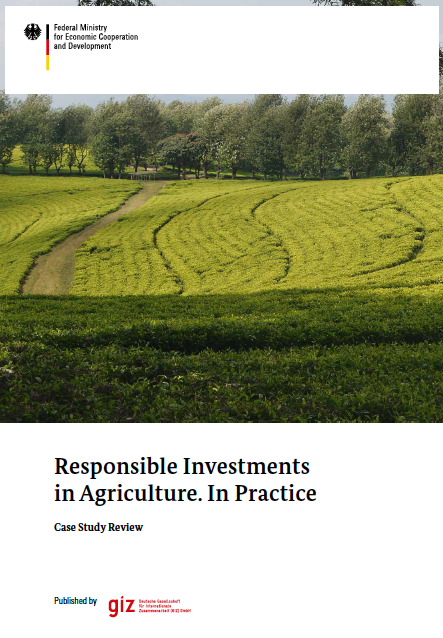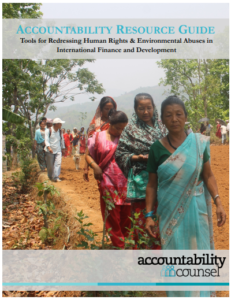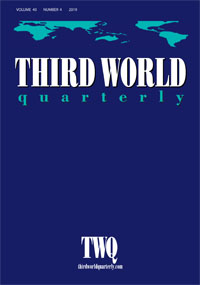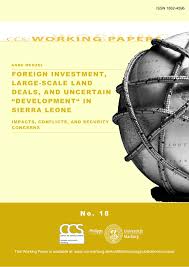Opening up land contracts
Celebrates the launching of OpenLandContracts, an international repository of land deals created in response to the general lack of transparency surrounding such deals. The contracts are annotated to help users navigate them.








